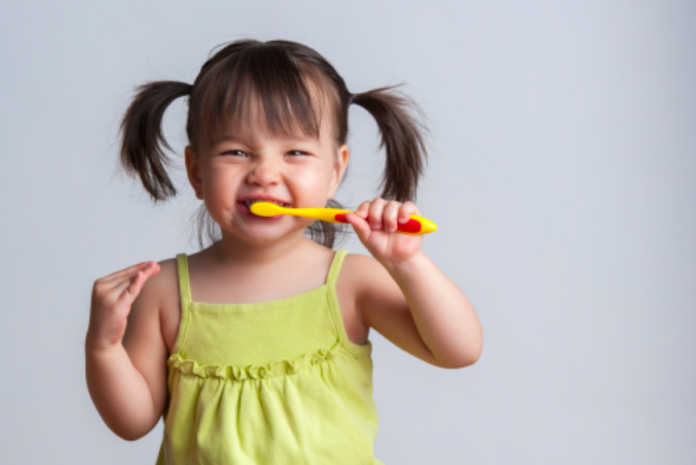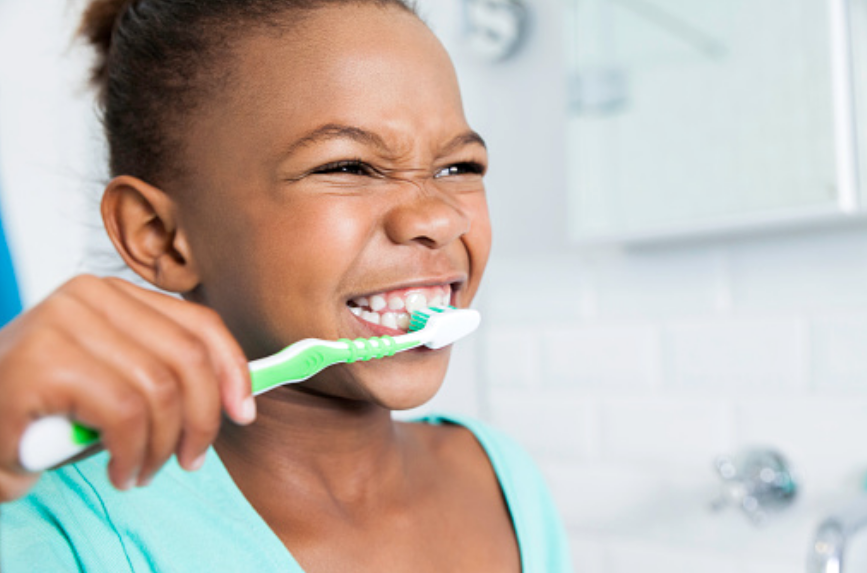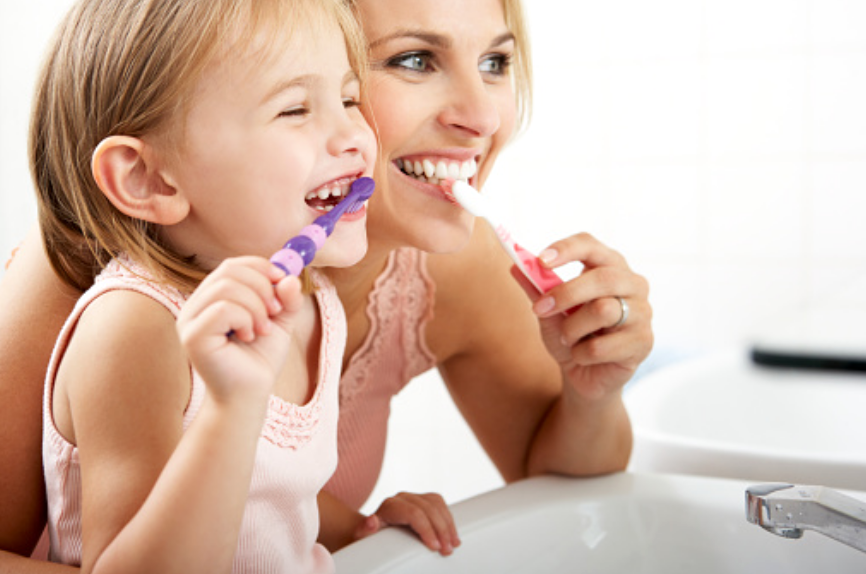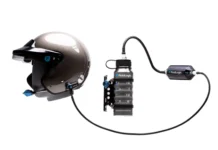
Children’s teeth are a lot different from a grownup’s teeth, and they need to be taken care of properly and should be kept as healthy as possible. When a baby has its first tooth, it is called a ‘milk tooth.’ These milk teeth usually fall out when replaced by permanent teeth, called ‘permanent dentition.’ The first two years of the child’s life are crucial for developing healthy habits that will affect their oral health as an adult.
Baby teeth are also important because they help children with their speech development. There are many things that all parents should know about their baby’s teeth. Some parents may not be aware that the baby’s first set of molar/premolar teeth can come in as early as five months old, while others are only born with one tooth on each side of their mouth, or none at all.
What Parents Ought to Know About The Teeth of Their Child
Parents and guardians alike need to know what they can do to protect their children’s teeth. It is a complicated process, and parents need a guide. There are many myths on the topic, so it’s essential to know the truth about baby teeth. You can get reliable information from online sources like Shinanon, published studies, or a traditional visit to a dentist.
Teeth are the first thing you notice when you meet someone. Unlike adults, children can’t brush their teeth as often as they should. For this reason, parents must be on the lookout for tooth decay at all times. It is also essential to know how to keep your baby’s gums healthy by brushing their teeth with a clean toothbrush and water, which is best done after feedings or when your child wakes up from a nap or bedtime.
Tooth Decay in Kids Teeth

Tooth decay destroys tooth tissue by acids produced by bacteria, most often found in food and drink. Tooth decay is a common childhood disease, but it can also affect adults.
Tooth decay occurs when plaque builds upon the surface of teeth and mixes with the food and drink that we consume. Plaque is a sticky film that can contain bacteria that produce acid as they break down sugars. The acids attack the tooth enamel, eventually leading to cavities which can cause pain and discomfort.
Too much sugar in our diet leads to tooth decay. It also makes it harder for saliva (the body’s natural defense against tooth decay) to neutralize acid-producing bacteria on teeth surfaces. Milk teeth are important because they will eventually form adult teeth at a later stage in life. As a parent, here are ways you can get your children to take care of their teeth.
1. Teach and Practice With Them
You may have to realize that children must learn to care for their teeth at a young age to care for their adult teeth when they arrive. Not only will this provide them with a solid base of dental hygiene as they grow older. Remember, tooth decay is by far the most common disease among children – but it also aims to teach them how to take care of their oral and personal hygiene so they don’t have to figure it out from scratch when they get older. According to juniorsmilesofstafford.com, children who learn to care for their teeth from an early age safeguard their teeth in childhood and into adulthood. And good hygiene results in a healthy, sweet smile.
2. Tell Them How To Use a ToothBrush

Have you explained to your children why you force them to stop playing and stick a plastic brush and some paste in their mouth twice daily? Well, they’re probably curious. And if you take time to explain why they need to brush their teeth, they’re most likely to understand the necessity as understanding leads to willingness.
Have a discussion with your children about their teeth. Illustrate that brushing their teeth isn’t a strange, cruel thing their parents have made them do as their parents aren’t fun. Discuss the function of their teeth and why there is a need to take care of them. Discuss how teeth must be cleaned twice a day and the consequences if they don’t.
3. Show Them How to Use The Toothbrush
Children want some bit of control, and if you can give them control over minor aspects of life, they will be more likely to participate in those activities. Allow children to choose their toothbrushes. Make it a fun task that the whole family can participate in. Pick out your toothbrush at the same time if you want to coordinate.
You can always let them choose the type of toothpaste they want to use (or choose from acceptable options). It frees them from using toothpaste that they dislike in terms of texture. This exercise also puts them in more control of their dental hygiene. Toothbrush companies have specially designed soft toothbrushes for children with drawings of their favorite superheroes or cartoon character.
4. Try Brushing Together

If your kids are young, try to make brushing their teeth an enjoyable experience. Get them to brush their teeth with you, or let them brush your teeth first so they can see what it feels like.
Here are some things that you can do while brushing with them.
1) brush your teeth together with them and make it fun and exciting (you can sing, dance, do silly voices, recite tongue twisters). Teeth brushing time should not be just about brushing but also about bonding with your kids.
2) Play games like “beat the clock” or “how many times can you brush in one minute?”
Conclusion
Oral hygiene should happen as soon as you have teeth. However, it can be challenging to persuade your 3-year-old that it is time to turn off the TV and floss.
Oral hygiene is critical for both children and adults. It not only prepares them for adulthood but also keeps them healthy by avoiding dental-related illnesses. Often use these tips to get your children to brush their teeth and encourage positive habits and memories that will last a lifetime.








